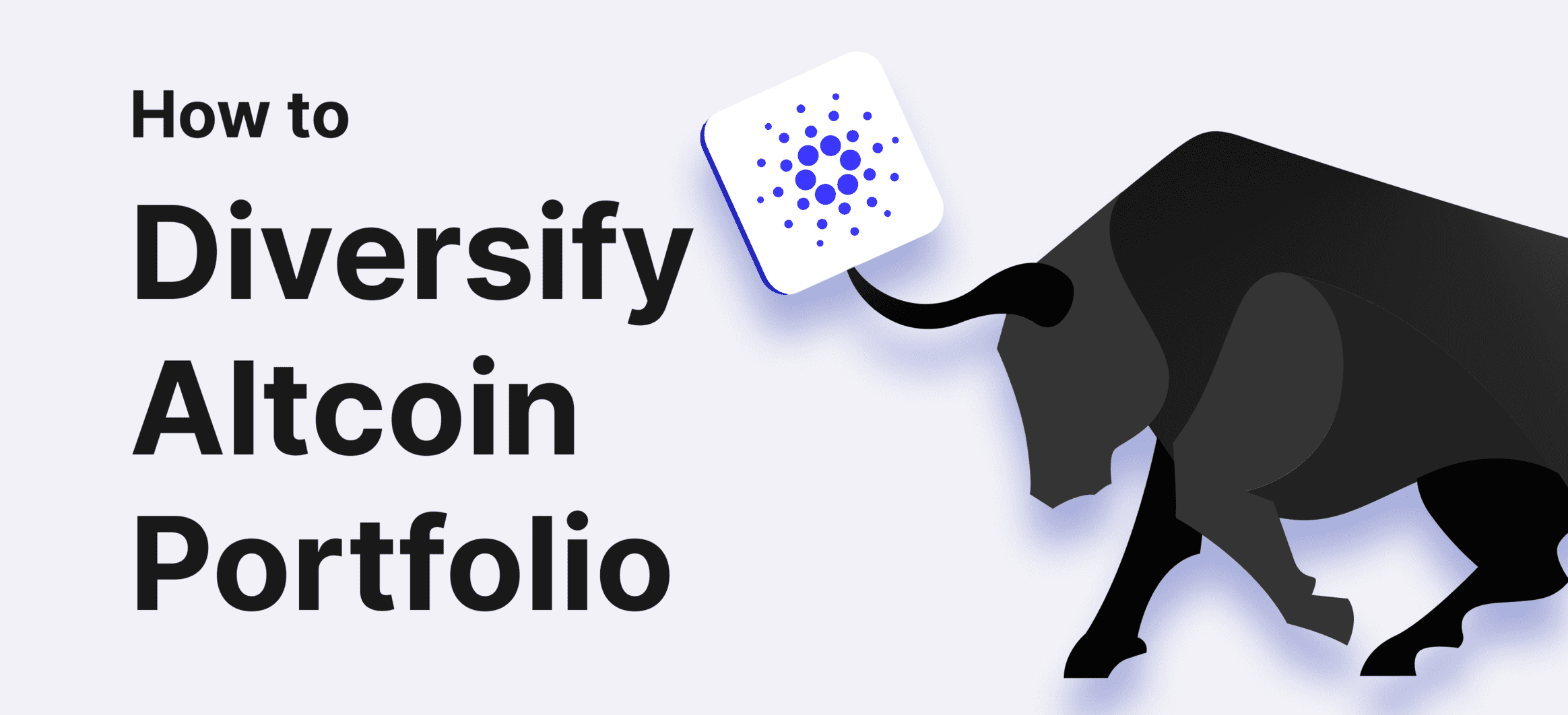
Investing in altcoins requires a deep understanding of market dynamics and strategic decision-making. As the world of digital assets continues to expand, recognizing effective Crypto Coin strategies becomes essential. Evaluating market trends and understanding the risks involved are crucial components of a successful investment approach. Moreover, distinguishing between long-term and short-term strategies can significantly impact the outcome of your investments. By mastering these fundamentals, investors can navigate the complex altcoin market with confidence and make informed decisions that align with their financial goals.
Understanding the Basics of Altcoin Investments
Investing in altcoins requires a strong grasp of the Crypto Coin market fundamentals. Before diving in, here are key concepts to understand:
- Altcoins: These are cryptocurrencies other than Bitcoin. They often introduce innovations and improvements over the original Bitcoin protocol.
- Market Capitalization: This represents the total market value of a Crypto Coin. Calculated by multiplying the current price by the circulating supply, it provides insight into the coin’s overall value and market presence.
- Technology and Utility: Assess the underlying technology and real-world applications of the altcoin. Do your research on its use cases and how it differentiates from other cryptocurrencies.
Transitioning into practical steps, ensure you:
- Conduct Thorough Research: Analyze whitepapers, community forums, and expert opinions. This helps in understanding the vision and potential of the Crypto Coin.
- Evaluate Liquidity: High liquidity implies easier buying and selling, minimizing the impact on the coin’s price.
Understanding these basics will set a solid foundation for all subsequent altcoin investment decisions.

Evaluating Market Trends for Altcoins
When investing in a crypto coin, evaluating market trends for altcoins is crucial for making informed decisions. Several key factors must be examined:
-
Market Capitalization: Assess the total market cap of the altcoin. A higher market cap often indicates stability, while a lower market cap may suggest higher volatility.
-
Trading Volume: Monitor the trading volume. High trading volumes can suggest strong investor interest and liquidity, reducing the risk of price manipulation.
-
Historical Performance: Analyze historical price trends. Past performance, though not a guarantee of future results, can provide valuable insights into potential price movements.
Additionally, consider:
-
Use Case and Technology: Determine the real-world applications of the altcoin. A strong use case and innovative technology can lead to long-term viability.
-
Community Support: Evaluate the community and developer activity. A robust community often underpins stronger project support and development efforts.
| Factor | Importance Level |
|---|---|
| Market Capitalization | High |
| Trading Volume | High |
| Historical Performance | Medium |
| Use Case and Technology | High |
| Community Support | Medium |
By meticulously analyzing these factors, investors can better predict potential trends and make smarter crypto coin investment decisions.
Risk Management in Altcoin Trading
Effective risk management is crucial when trading any crypto coin, including altcoins. The volatile nature of the crypto market makes it essential to adopt strategies that minimize your potential losses.
Key risk management tactics include:
-
Diversification: Spread your investments across multiple altcoins rather than putting all your funds into a single crypto coin. This lowers the risk associated with any one coin’s price dip.
-
Setting Stop-Loss Orders: Define the maximum loss you are willing to accept and set automatic sell orders to exit positions when prices hit this threshold.
-
Position Sizing: Invest only a small percentage of your total portfolio in any single altcoin, reducing the impact of a sudden loss.
-
Regular Monitoring: Constantly track market conditions and your investments. Be prepared to adjust your strategy based on new information and trends.
-
Educate Yourself: Stay informed about the coins you invest in and understand the market forces that impact their value.
By employing these strategies, you can better manage the inherent risks associated with trading any crypto coin, ultimately helping you make more informed and safer investment decisions.
Long-Term vs. Short-Term Altcoin Strategies
When investing in any crypto coin, understanding the differences between long-term and short-term strategies is crucial for making informed decisions.
Long-Term Strategies:
- HODLing: This popular strategy involves buying and holding a crypto coin for an extended period, based on the belief that its value will increase significantly over time.
- Staking and Yield Farming: These methods allow investors to earn rewards by holding their assets in specific platforms, contributing to network security or liquidity.
- Diversification: Spreading investments across multiple altcoins reduces risk and takes advantage of growth in various sectors.
Short-Term Strategies:
- Day Trading: This involves buying low and selling high within the same day to capitalize on market volatility.
- Swing Trading: Investors hold onto a crypto coin for several days or weeks, aiming to profit from upward or downward trends.
- Scalping: This technique requires making numerous small trades throughout the day, extracting profits from minor price fluctuations.
Comparison Table:
| Criteria | Long-Term Strategies | Short-Term Strategies |
|---|---|---|
| Risk Level | Lower (typically) | Higher |
| Time Commitment | Less frequent monitoring | Constant monitoring required |
| Potential Returns | Significant over time | Quick, smaller gains |
In summary, whether you choose a long-term or short-term strategy for your crypto coin investments depends on your risk tolerance, time availability, and financial goals. By understanding both strategies, you can make smarter decisions in the volatile world of altcoins.

Frequently Asked Questions
What are altcoins and how do they differ from Bitcoin?
Altcoins, or alternative coins, are cryptocurrencies other than Bitcoin. They include a wide range of coins with various functions and technologies, such as Ethereum, Ripple, and Litecoin. While Bitcoin was the first cryptocurrency and remains the most well-known, altcoins often aim to improve upon its technology or offer different features. For instance, Ethereum allows for the creation of smart contracts and decentralized applications (dApps), whereas Ripple focuses on fast and inexpensive international money transfers.
How do I start investing in altcoins?
To start investing in altcoins, you will need to follow several important steps:
- Research and Education: It’s crucial to thoroughly research the specific altcoins you are interested in, understanding their technology, use-case, team, and market potential.
- Choose a Reliable Exchange: Select a reputable cryptocurrency exchange that supports the altcoins you’re interested in. Some popular exchanges include Binance, Coinbase, and Kraken.
- Create a Wallet: Secure your investment by storing your altcoins in a digital wallet. Hardware wallets are generally considered more secure than software or web-based wallets.
- Make Responsible Decisions: Only invest money you can afford to lose and consider diversification to mitigate risks.
What are some common strategies for altcoin investments?
Common altcoin investment strategies include:
- HODLing: This is the practice of buying altcoins and holding onto them for an extended period, betting on long-term appreciation.
- Day Trading: Buying and selling altcoins within short time frames to take advantage of price volatility.
- Staking: Some altcoins offer the option of staking, where you can earn rewards by participating in the network’s governance and validation processes.
- Diversification: Spreading your investments across different altcoins to reduce risk.
Each strategy comes with its own set of risks and potential rewards, and it’s important to choose one that aligns with your risk tolerance and investment goals.
What risks are associated with investing in altcoins?
Investing in altcoins carries several risks, including:
- Volatility: Altcoin prices can be very volatile, with substantial price swings possible in short periods of time.
- Regulatory Risk: The regulatory environment for cryptocurrencies is still evolving, and changes in law can impact altcoin values.
- Technological Risks: Bugs, security issues, or technological failures can negatively affect the value and utility of an altcoin.
- Market Manipulation: The altcoin market can be susceptible to market manipulation, such as pump-and-dump schemes.
Understanding these risks and conducting thorough due diligence is essential before making any investment in altcoins.







